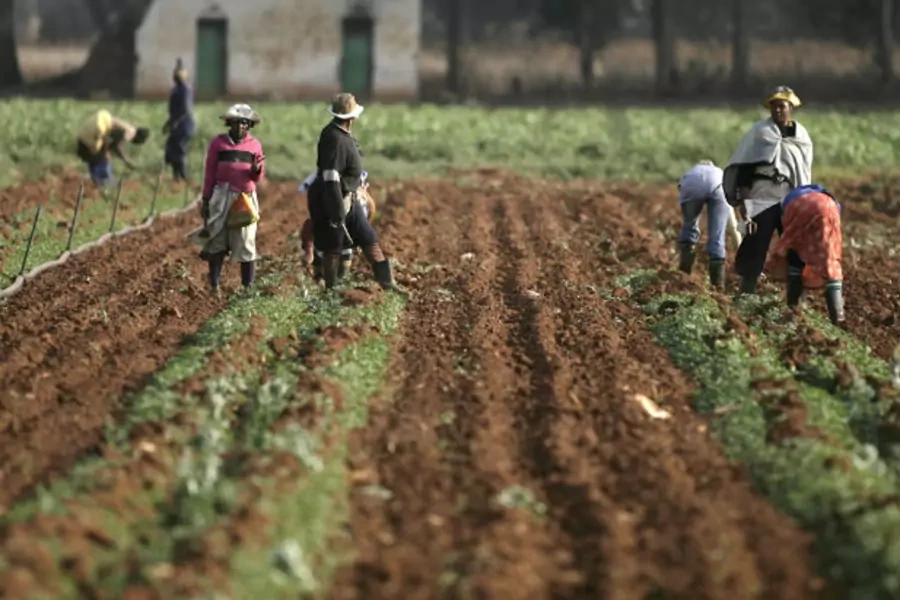More on:
At the just-concluded African National Congress (ANC) policy conference, the issue of land reform surfaced – but did not really go anywhere. There was a call for “review” of the principle of “willing seller, willing buyer,” and delegates complained that the pace of land redistribution has been glacial. As was true of virtually all of the other important policy issues, serious discussion of reform was postponed. The conference was mostly concerned with politicking, as rivals President Jacob Zuma, Deputy President Kgakema Motlanthe and Human Settlements Minister Tokyo Sexwale jostled for advantage, looking toward the December conference where the ANC will elect its top leadership.
But the land reform is emotional and unlikely to go away. On July 2, I posted a blog “South Africa’s Land Issue Not So Simple” in which I tried to indicate some of the issues. Some of its readers raised questions about the racial breakdown of land ownership. I have tried to follow up and conclude that the question of which racial group owns what is not so clear, either.
A spokesman for the Department of Land Affairs notes that the Deeds Registry Database does not record land ownership according to race. At the same time, he said that blacks owned 13 percent of the country’s surface area in 1994. Since then, he said, blacks had acquired 4.9 million hectares, or 4.69 percent, the result of government land reform and land restitution programs. (These programs do record the race of recipients; the former refers to broad-based changes in land ownership, the latter to restitution of land seized by the apartheid regime to separate the races.) That would indicate blacks own about 18 percent of the surface area. But this figure does not include private land sales by whites to blacks since 1994. At present, the number and amount of such transactions seems to be based on speculation. It is commonly assumed that South African governments (federal, provincial and local) own about a quarter of the land—which is comparable to the U.S., where the federal government owns about 30 percent—and, of course, such ownership is “non-racial.” Ownership by corporations is similarly “non-racial.”
If these figures are correct, they indicate that private whites own or control perhaps half of the surface of South Africa. But, as a reader of the July 2 post pointed out, much of South Africa is semi-arid and not good agricultural land. So, the quality of the land that one group or another owns is an issue as well as the quantity. Commercial agriculture is important, but it is only 3 percent of the economy, as opposed to 20 percent of Zimbabwe’s before Mugabe expropriated white-owned commercial farms. Further, as another reader noted, South Africa’s population is predominately urban; many blacks accepted monetary payment in lieu of land as compensation for apartheid-era land seizures, presumably because they are now urbanized.
Still, whites are 9.7 percent of South Africa’s population and own a disproportionate share of the land. That is an issue easily exploited by African populists when the overall economy is growing slowly and the lot of the disenfranchised is so slow to change.
More on:
 Online Store
Online Store
